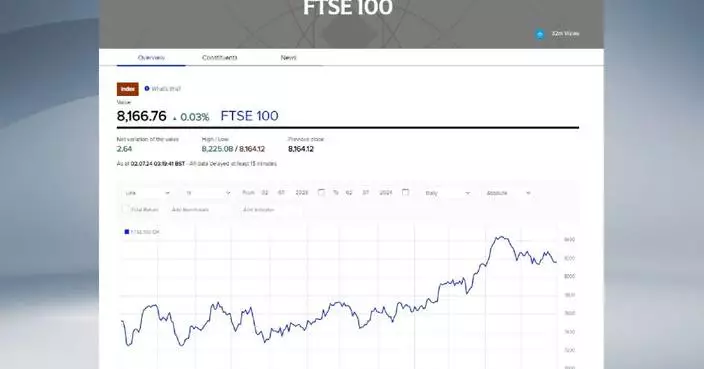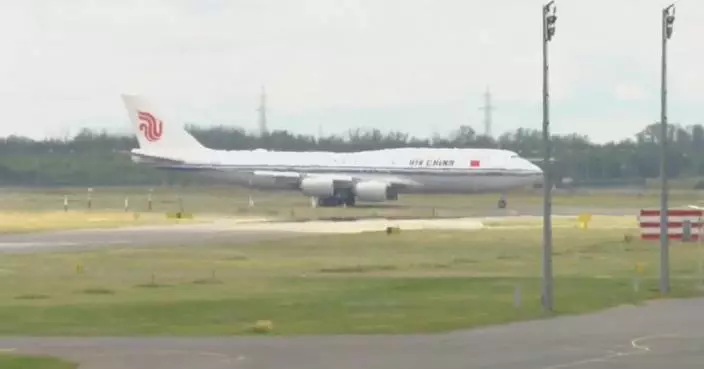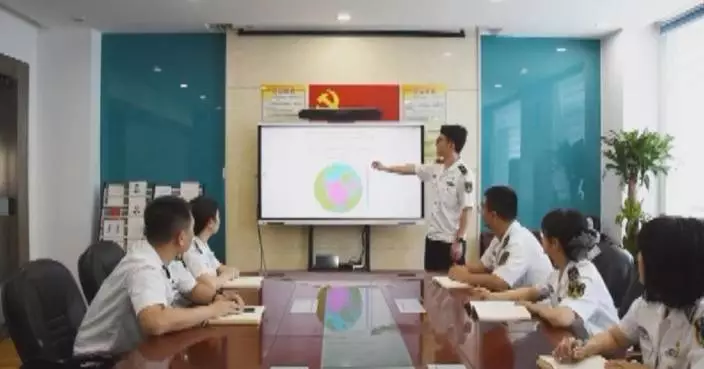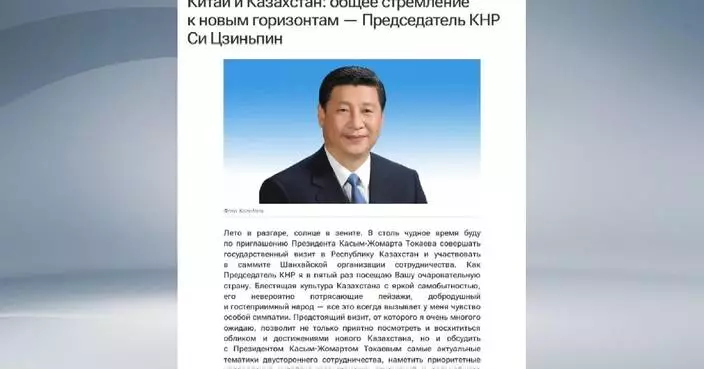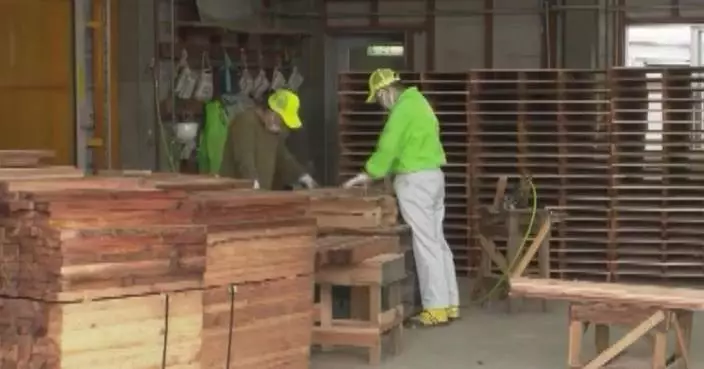Displaced Lebanese who lost their home due to Israeli strikes held funerals on Saturday for two Hezbollah fighters killed in the attacks.
Hundreds of residents of the border town of Aita al-Shaab and neighboring villages paid tribute to the two Hezbollah fighters who were killed in Israeli attacks on the town of Ramiya on Thursday.
During the funerals, Hezbollah's Parliamentary Representative Hussein Jashi emphasized the Hezbollah will continue to support Gaza despite the threats.
"Neither threats nor intimidation will benefit (the U.S.), and (we) know that no one in this world will dissuade us from fulfilling our legal, moral and humanitarian duty to support our oppressed people in Gaza," Jashi said.
The town of Aita al-Shaab, about one kilometer from the Lebanese-Israeli border, is one of the main frontline towns nowadays. It has been under Israeli bombing since clashes with the Hezbollah erupted since last October.
Some 13,000 residents have taken refuge in safer areas. Still, some say they seize every opportunity to return to their village despite the risks.
"Whenever there is a funeral here, we come, and God willing, we will always come, and we hope that victory is near, and we are not afraid," said Haifa Jaafar, an Aita al-Shaab resident.
"Everything you see here is for the resistance (Hezbollah), and Israel will not scare us or intimidate us. We will come to our town, and we will return to it," said Ali Jaafar, another Aita al-Shaab resident.
The war has resulted in at least 435 deaths in Lebanon alone, the majority of them Hezbollah fighters, according to Lebanese health emergency officials.

Displaced Lebanese hold funerals for Hezbollah fighters killed in Israeli strikes

Displaced Lebanese hold funerals for Hezbollah fighters killed in Israeli strikes

Displaced Lebanese hold funerals for Hezbollah fighters killed in Israeli strikes
Japan's new training and employment system provides expatriate workers with more opportunities to choose their work, which is beneficial to address labor shortage in the country. In recent years, Japan has been grappling with the increasingly pressing challenges of declining birth rates and an aging population, which have resulted in a significant shortage of available labor force.
In June, Japan has introduced a new program to replace the Technical Intern Training Program, which was implemented over the last three decades, with a new training and employment system expected to be fully implemented within three years. This initiative aims to address labor shortages exacerbated by a 13-year consecutive decline in the Japanese population, with 16.1 percent of people aged over 75.
The new training and employment system is more flexible than the previous Technical Intern Training Program. It relaxes restrictions on foreign employees changing companies and eliminates the compulsory requirement for them to return to their home countries after three years. Instead, it allows foreign workers who meet certain Japanese language and technical proficiency criteria to switch employers, and those with adequate technical abilities and meeting specific requirements can even apply to obtain permanent residency.
Tashiro Co., Ltd. is a precision sheet metal processing factory located in Kanagawa Prefecture. The factory currently has 15 employees, including five workers from Vietnam.
Tashiro's executive director, Tashiro Koki, said that compared with other industries, the sheet metal industry is more physically demanding and carries higher risks, with relatively poorer working conditions. Consequently, there is a limited number of Japanese people willing to work in the factory. Since 2006, the factory has been annually recruiting three foreign skilled interns, and during its peak period, 70 percent of the employees were foreign nationals.
In the workshop, the executive director introduced the situation of a Vietnamese migrant worker.
"He has been in Japan for over a year now. As a skilled intern, he is working here. Currently, he is starting with simple tasks, using various drill bits to drill holes and gradually gaining experience. If he wears a glove on his left hand, there is a risk of getting caught in the machine and getting injured, so special attention to safety is required when performing this task," he said.
Another Vietnamese worker, Le Van Hieu, 27, from Thanh Hoa province, is the only employee in the company who can communicate in basic Japanese. Six years ago, he arrived in Japan as an intern and worked at a factory. Despite the challenges posed by the COVID-19 pandemic, he remained in Japan under special policies instead of returning home after completing his three-year internship. Subsequently, he secured employment at the present company.
He mentioned that the days as an intern in previous years were much more challenging compared with the present. The new training and employment system has provided foreigners like him with more opportunities to choose their work.
"In Japan, wages are approximately four times higher than in Vietnam. When I was working as an intern, the job was extremely laborious, the salary was low, and the workplace was particularly hot. I had to work overtime for about three to four hours every day. It was really tough to endure," said the Vietnamese employee.
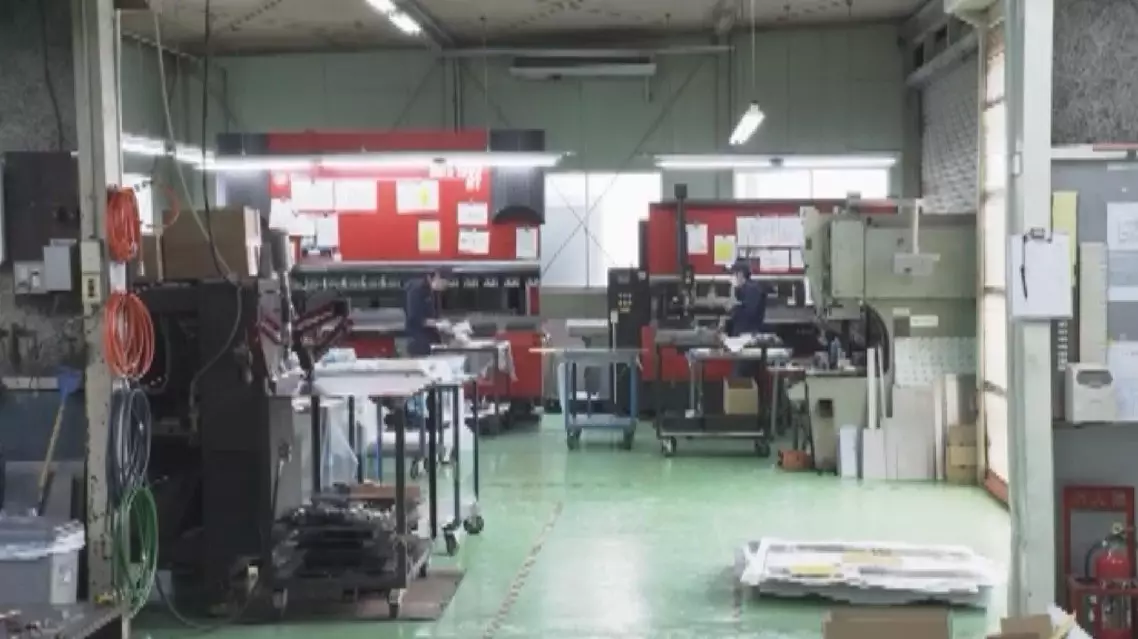
Japan's new training, employment system provides expatriate workers with more job opportunities







